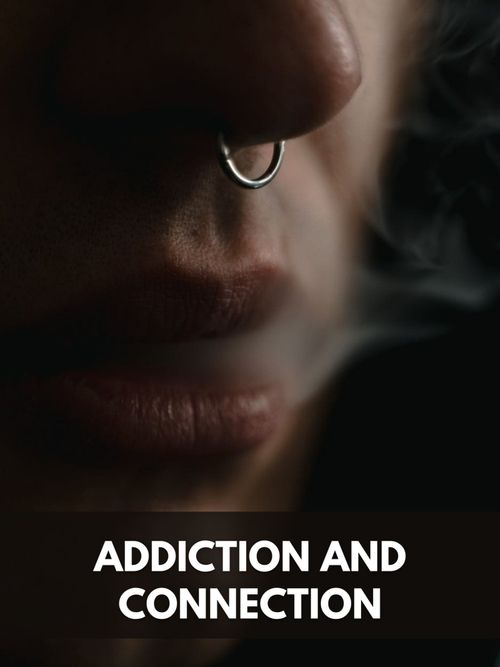The opposite of addiction isn’t sobriety, it’s human connection
Aug 29, 2021 · 2 mins read
0
Share

Johann Hari, British journalist, offers an insightful, revolutionary, and compassionate explanation for addiction. He challenges the commonly-accepted theory of “chemical hooks” that create dependency for certain drugs, substances, or activities. So what causes addiction?
Save
Share
When rats are put in a cage with both drug-laced and regular water, rats overdose quickly–except in circumstances where rats are put in cages with other rats and other things to do. They strongly prefer regular water when living “happy and connected lives,” and do not overdose.
Save
Share
It's the same with people. People in hospitals who are put on strong painkillers for a long time do not feel the need to continue with those painkillers when back home. In Vietnam, 20% of American troops took heroin, but upon arriving home, 95% of them simply quit, easily.
Save
Share
Addiction is an adaptation to an environment. Humans have a natural impulse to bond with other humans. When we’re healthy, we bond with other people. When “traumatised, isolated, or beat down by life,” people will bond to a surrogate for connection that provides emotional relief.
Save
Share
A core part of addiction is not being able to bear the present situation of your life. Often there is very little to live for: no meaningful human connections or satisfying work occupies your day. You feel isolated from society. The pain is unbearable and so must be escaped.
Save
Share
In 2000, Portugal had one of the worst drug problems in the world. They decriminalised drugs and redirected the “war on drugs” funds to funding jobs for addicts and reconnecting them with society. Portugal’s drug use is down 50% and HIV and overdosing are also down massively.
Save
Share
The current system in countries like the USA or Britain is not only ineffective at working with addiction, it actually makes it worse. Ridiculing, shaming, and isolating addicts–and cutting their career opportunities–isolates them further, pushing them further into addiction.
Save
Share
The message that addicts need from us to begin healing is: “you’re not alone, we love you whether you’re using or not. We don’t want you to feel or be alone.” This has to be how we respond to addicts on every level: individually, socially, and politically.
Save
Share
People feel increasingly vulnerable to all types of addiction nowadays–shopping, food, smartphones, work, exercise–and it’s because culture in the Western world has gotten more and more disconnected, as time has gone on. People have less true friends now more than ever.
Save
Share
Bottom line: addiction arises from a profound feeling of disconnection. We cannot be in a successful “war” against addiction, as war mentality only exacerbates this sense of isolation. Addicts need their humanity recognised, and need human connections, to begin thriving again.
Save
Share
0